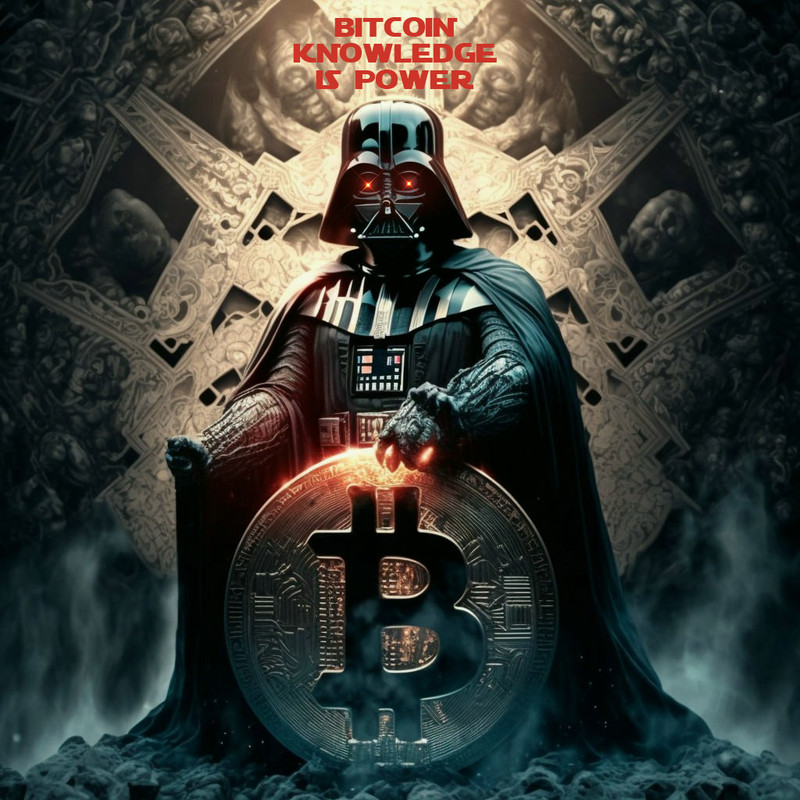A petition is a formal written request, typically one signed by many people, appealing to “authority” in respect of a particular cause.
However in most cases, when you sign a petition you have inadvertently accepted the obligation of the very thing you are petitioning against, when in fact you may have had no obligation in the first place, as there was no lawfully binding contract to begin with.
Meaning the subject or cause you are petitioning against did not even apply to you, but through the very action of petitioning, now it does.
This is why most petitions against the “government” are actually set up by the very “government” you are “petitioning” against.
Note: a petition is an “appeal” which means in simple terms “begging”. You have lost your sovereign status and become subservient to a higher authority.
For example: If you petition against changes made to the “Human Rights Act” then you have accepted that “contract” or corporate policy, and are now bound by it, when it never even applied to you.
You have now agreed that your rights no longer belong to you, but are now controlled by the people who have written the “Human Rights Act”, who now have the power to change them at will. You have become a slave.
A lawful petition can only exist where a standing agreed upon contract already applies.
For example: If a group of people all sign a contract to work for a corporation, and the management of said corporation then “change the deal”, the group of people could “petition” against the changes to an existing contract.
However if you are petitioning against a change in policy regarding a contract your are obligated by, remember regardless of how many people signed said petition, the overall document is only considered as one voice and only carries the weight of “one person” in court.
Therefore it would be better to sue the management for breach of contract than petition, that way the workers retain their sovereign status.
Note: Most unions will not tell the workers this, and are usually working with the very corporation the union said they would protect the worker against.
Petitions are also set up and offered by governments to defuse a situation where the people are angry over a certain issue said government caused.
The way this works is those who sign have a sense they are acting against the issue and therefore are making a difference, when in fact they have not, and hence do not take the matter any further.
In short, only children or slaves beg, make appeals and petition.

DarthCoin / DarthCoin ₿⚡️
npub1lx…m5xlc
2024-09-10 07:22:33
in reply to nevent1q…6k9q
Author Public Key
npub1lxktpvp5cnq3wl5ctu2x88e30mc0ahh8v47qvzc5dmneqqjrzlkqpm5xlcPublished at
2024-09-10 07:22:33Event JSON
{
"id": "57f35c2f4a28cc07d2a3c09b867f7d3253ccd54eb3b7a098ceaf0080213440f9",
"pubkey": "f9acb0b034c4c1177e985f14639f317ef0fedee7657c060b146ee790024317ec",
"created_at": 1725952953,
"kind": 1,
"tags": [
[
"e",
"47123f3bb86ea5b4a96e1cb85bbe87fc8460a347ba749e34993a441fea2af625",
"wss://nostr.oxtr.dev",
"root"
],
[
"e",
"b468de81253d1775290a91e4ce58d32473553c5a4420df98728cb463c85174f5",
"wss://nostr.oxtr.dev",
"reply"
],
[
"p",
"1739d937dc8c0c7370aa27585938c119e25c41f6c441a5d34c6d38503e3136ef"
],
[
"p",
"f9acb0b034c4c1177e985f14639f317ef0fedee7657c060b146ee790024317ec"
],
[
"p",
"a4237e420cdb0b3231d171fe879bcae37a2db7abf2f12a337b975337618c3ac2",
"",
"mention"
],
[
"p",
"93eb23ad1d9274e3e284babe1d507f2c80d1eac2f3ef54969361a8a1f926cdaf"
]
],
"content": "A petition is a formal written request, typically one signed by many people, appealing to “authority” in respect of a particular cause.\nHowever in most cases, when you sign a petition you have inadvertently accepted the obligation of the very thing you are petitioning against, when in fact you may have had no obligation in the first place, as there was no lawfully binding contract to begin with.\n\nMeaning the subject or cause you are petitioning against did not even apply to you, but through the very action of petitioning, now it does.\n\nThis is why most petitions against the “government” are actually set up by the very “government” you are “petitioning” against.\nNote: a petition is an “appeal” which means in simple terms “begging”. You have lost your sovereign status and become subservient to a higher authority.\n\nFor example: If you petition against changes made to the “Human Rights Act” then you have accepted that “contract” or corporate policy, and are now bound by it, when it never even applied to you.\nYou have now agreed that your rights no longer belong to you, but are now controlled by the people who have written the “Human Rights Act”, who now have the power to change them at will. You have become a slave.\n\nA lawful petition can only exist where a standing agreed upon contract already applies.\n\nFor example: If a group of people all sign a contract to work for a corporation, and the management of said corporation then “change the deal”, the group of people could “petition” against the changes to an existing contract.\n\nHowever if you are petitioning against a change in policy regarding a contract your are obligated by, remember regardless of how many people signed said petition, the overall document is only considered as one voice and only carries the weight of “one person” in court.\n\nTherefore it would be better to sue the management for breach of contract than petition, that way the workers retain their sovereign status.\n\nNote: Most unions will not tell the workers this, and are usually working with the very corporation the union said they would protect the worker against.\n\nPetitions are also set up and offered by governments to defuse a situation where the people are angry over a certain issue said government caused.\n\nThe way this works is those who sign have a sense they are acting against the issue and therefore are making a difference, when in fact they have not, and hence do not take the matter any further.\nIn short, only children or slaves beg, make appeals and petition.",
"sig": "dd8aff5119f4905393469d7f720228420e8a141bbf7ec1fc218189353c4ecc78740081dcd206c1afdcd950db47e284038326bd6c469d9e88cffd1c5dc581fc2b"
}